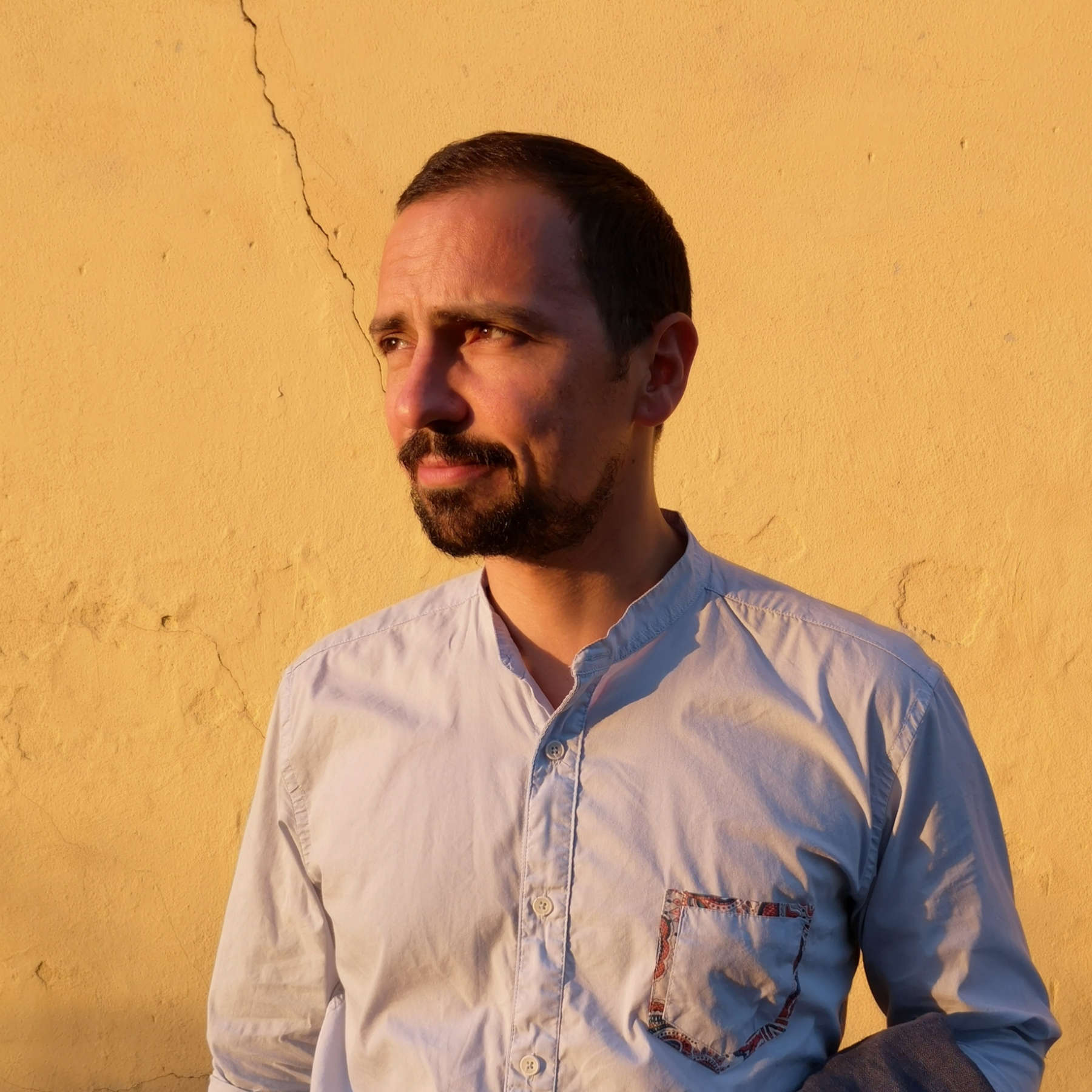My first memory aboutErasmus is very practical in nature. As soon as I landed at Heathrow with my stunted English I had to change four means of transportation to get to the small town of Egham, a stone’s throw from Windsor Park. I would ask practically anyone, without understanding most of the time, the direction, the number of the bus, the color of the subway, and even the name of the train. I still remember at the college entrance the thrill of standing in front of a majestic Victorian building in bright red colors. Royal Holloway, one of England’s leading universities, so British and distinctive that it has been used as a set for numerous films, such as the Harry Potter saga. Perhaps I also felt like a small and awkward Harry Potter whose scholastic and book-studied English was not enough to understand the language of my classmates. It is only language that really makes one equal said Don Milani. But when you are in the field, there is no time to go over manuals. You have to find housing, figure out when classes will start and meet the tutors. And in the office mazes of the Founders building I climb the endless stairs topped with lavish paintings and wallpaper. I tread the carpeted hallways to register for the academic program and sign my insurance.
 |
| The Royal Holloway |
Slowly I discover that the castle, as I saw it, is surrounded by a constellation of buildings and as many departments. The so-called facilities (gyms, laundries, bathrooms, supermarkets etc.), a real citadel, in other words the university campus. I enter the history department for the first time and discover that every day depending on the class to be taken there are mandatory readings to be studied in order to attend individual classes. Why on earth do I need to prepare for classes? I ask one of my new Spanish classmates. Because you have to participate in the class and not just follow them. All courses are seminar-based. And I thought I could hide my gaps and fears.
I try to find books in one of the many libraries on campus. I discover to my horror that there is a hefty fine that grows each day I return books late. Rules here are part of the university system, but also the grammar of social life. Impossible not to participate, hard not to know, compare, get involved. And then there are the parties, dinners, meetings, maybe even love. The first trip out will take me to Stonehenge and Glastonbury. One of the fellow travelers who has now become one of my closest friends (and it has now been twenty years since my Erasmus) asked me, Do you know how to drive? After several miles in the oncoming lane and a traffic circle taken (for real) the wrong way, I had even gotten used to it and was driving through the English countryside without even worrying about the destination. The company of my new friends from France, England, Poland, Germany, etc. was enough for me. LErasmus was for me a gymnasium of life before academic.
Today I treasure these memories. I feel that they belong to a distant past that does not have the vocation of a new future. Memories of youth certainly but also of anEpoch that will never return, at least in England.

The author of this article: Marco Turini
Archeologo e consulente si occupa di musei, formazione e comunicazione dei beni culturali (ideamuseo.it)
Warning: the translation into English of the original Italian article was created using automatic tools. We undertake to review all articles, but we do not guarantee the total absence of inaccuracies in the translation due to the program. You can find the original by clicking on the ITA button. If you find any mistake,please contact us.